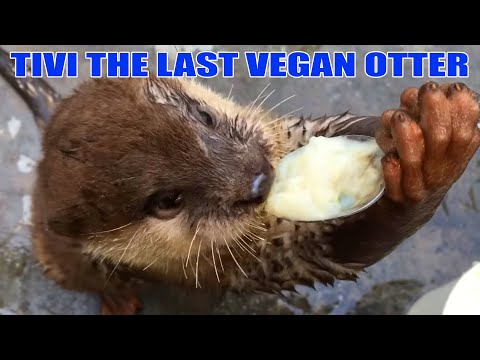As more people embrace vegetarian or vegan diets for ethical, health, or environmental reasons, it’s not uncommon for them to project these dietary choices onto their furry friends as well. While humans can make informed decisions about their diets based on their nutritional needs and personal beliefs, it’s essential to recognize that dogs have unique dietary requirements. The idea of a vegetarian dog may sound appealing to some pet owners, but it comes with a set of challenges that need to be addressed for the well-being of our canine companions.
Dogs are descendants of wolves and share similar anatomical features and physiological processes. They are biological omnivores but lean towards being carnivores with a digestive system optimized for digesting and deriving essential nutrients from animal-based proteins. The primary challenge in feeding dogs a vegetarian diet lies in meeting their nutritional requirements without relying solely on animal products.
Proteins play a crucial role in a dog’s diet, providing amino acids essential for various bodily functions. Plant proteins often lack specific amino acids or are difficult for dogs to digest efficiently. This can lead to inadequate intake of essential nutrients like taurine, carnitine, certain vitamins, and minerals such as iron and zinc. In the long run, this deficiency can lead to potential health problems including poor muscle development, weakened immune system, heart issues, and anemia.
To address these nutritional challenges while adhering to a vegetarian or vegan lifestyle, pet owners must seek advice from professionals such as veterinarians or animal nutritionists who specialize in canine nutrition. These experts can provide guidance on how to create balanced diets that include appropriate plant-based ingredients alongside judiciously selected animal-derived supplements.
One common approach is incorporating high-quality commercial vegetarian dog food into their pet’s diet routine. These specially formulated products have undergone rigorous testing to ensure they meet all the necessary nutritional requirements for dogs. However, it is important to carefully read labels, as not all vegetarian dog foods are created equal. Pay attention to the ingredients list and look for ones that contain complete proteins from sources like soy, quinoa, or legumes. In some cases, adding smaller amounts of animal-based protein or specific supplements might be necessary to cater to the dog’s unique needs.
Another option is crafting homemade vegetarian meals for dogs. This requires significant research and careful selection of animal-friendly and nutritionally-rich ingredients. It is crucial to consult with professionals who can guide pet owners towards suitable recipes and ensure all essential nutrients are accounted for. However, it’s important to bear in mind that a homemade diet can be more time-consuming and expensive than commercial options. Moreover, proper meal planning is critical to avoid introducing any nutrient deficiencies.
Additionally, there are specific plant-based ingredients known to benefit dogs when used in moderation. For instance, cooked vegetables such as carrots, peas, or sweet potatoes can provide essential vitamins and fiber. Lentils and chickpeas are excellent sources of protein for vegetarian dogs when cooked thoroughly. Omega-3 fatty acids from algae-derived supplements can help maintain a dog’s healthy skin and coat.
It’s essential never to force a vegetarian diet on a dog unwillingly or without professional guidance. Dogs require the right balance of nutrients to thrive physically and emotionally, so being aware of their dietary requirements is crucial in ensuring their overall well-being.
In conclusion, providing a balanced vegetarian diet for dogs requires careful attention and expertise due to their specific nutritional needs as carnivorous-leaning omnivores. Pet owners who wish to embrace a vegetarian lifestyle alongside their canine companions must seek advice from professionals who specialize in animal nutrition to ensure the health and happiness of their pets. By understanding the challenges involved with shifting your dog’s diet away from animal products and implementing appropriate solutions, you can make informed decisions that benefit both your pet’s well-being and your ethical beliefs.



